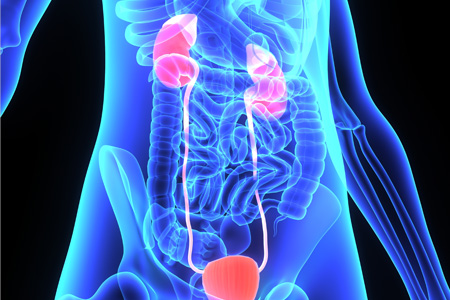As 2017 approaches, we come face-to-face with the revised incentive programs by the Centers for Medicare and Medicaid Services (CMS). Urologists need to figure out how the Medicare Access and Chip Reauthorization Act (MACRA) will impact them and their patients. It is anticipated that MACRA will replace the current Medicare payment system with the Quality Payment Program (QPP), which consists of Merit-Based Incentive Payment System (MIPS) and Alternative Payment Models (APMs).
MACRA: MIPS and APM
The proposed MACRA rule will introduce a new Quality Payment Program, which intends to simplify the current Medicare reporting program. The MIPS QPP will cover most providers, and APMs, and apply to providers who are part of a risk-based payment model.
The first MACRA performance period starts on January 1, 2017, and the payment adjustments for that year are scheduled to hit in 2019.
Tips to Achieve Your Financial Goals
Urology practices have been facing challenges in rural areas, this move towards quality care will present additional hurdles, which can only be addressed successfully if physicians have access to the right tools and resources. With the latest technology and education of what has to come in 2017, your urology practice can be ready to face the upcoming deployment. Here are some tips for you to be prepared for when MACRA rolls out in January 2017:
- Avoid penalties
To ensure that you avoid financial penalties in 2018, it is important that you successfully report to the two Physician Quality Reporting System (PQRS). The Medicare Electronic Health Record (EHR) Incentive Program and the Value Modifier. All your performance data from 2017 will determine the payment for your practice for 2019.
- Review your QRUR
The Quality and Resource Use Reports (QRUR) indicate the performance of your practice on cost and quality. You can get your prior reports from the CMS website. It will keep you updated of the changes that your practice needs to make to avoid penalties of the MACRA composite score.
- Data accuracy is key
Under the MACRA rule, your performance will be compared with similar groups across the country. Thus, it is essential that the data you enter is accurate, which ensures adequate measurement.
- Check your performance marker
Urologists are required to review their quality measure benchmarks and to understand what is required for an above-average performance. They are required to put clinical workflows and practice strategies in place, which will help meet vital conditions to ensure that your EHR system supports specialty measures.
As Urologists start navigating the unsettled waters of MACRA, they should first understand how their practice will be impacted. This will help them avoid penalties and receive maximum reimbursements. For more insights on the proposed rules for MACRA and how it will impact urologists, attend this Webinar by expert speaker Dr. Michael A. Ferragamo, Jr., MD, FACS, who is the former chief of urology of Hempstead Medical Center and of Franklin Medical Center of Long Island, New York. He is presently an assistant clinical professor of urology, State University of New York, Stony Brook School of Medicine.
During the session, attendees will get documentation tips and guidance to understand the MACRA program and payment models. They will also get to know what the program entails for their urology practice.




